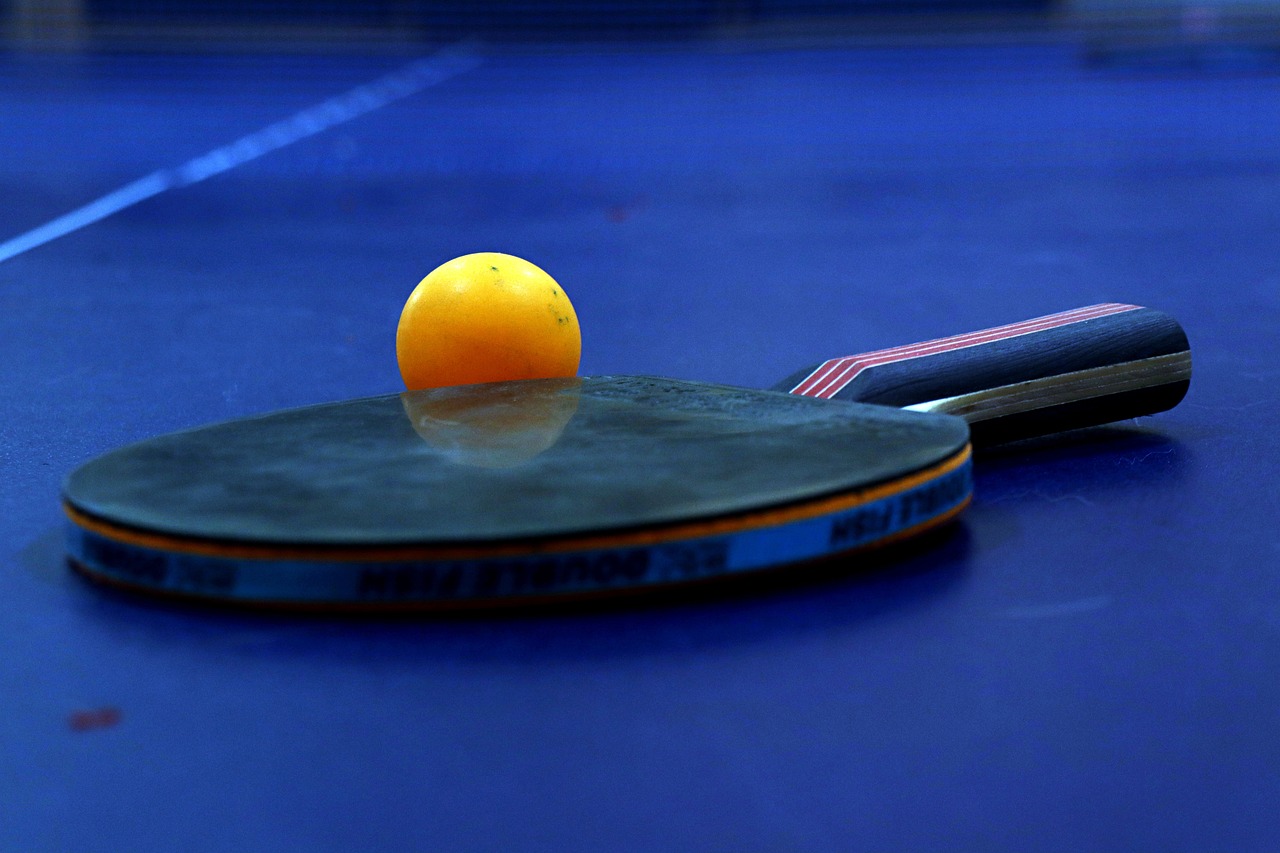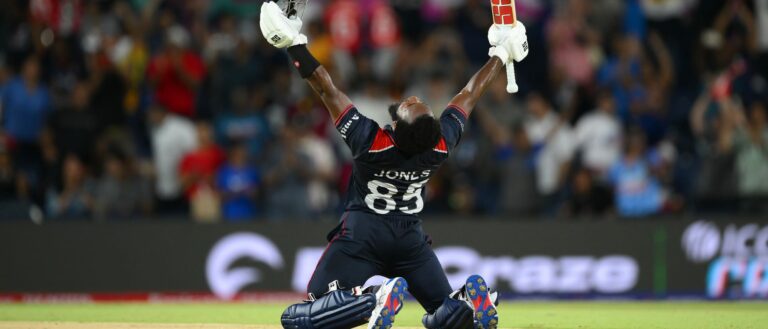Exploring the Concept of Fair Play in Cricket
Gold365, Diamondexch9:Fair play in cricket refers to the code of conduct that upholds integrity, respect, and honesty on the field. It encompasses the principles of sportsmanship, ethical behavior, and adherence to the rules and spirit of the game. Fair play extends beyond the technical aspects of cricket and embodies the essence of competitive yet honorable sportsmanship.
Players are expected to display fair play by respecting the decisions of the umpires, not engaging in cheating or gamesmanship, and treating opponents with respect. Additionally, fair play involves accepting victories graciously and handling defeats with dignity. It is the foundation upon which the game of cricket stands, fostering a sense of camaraderie and mutual respect among players and teams.
The Importance of Fair Play in Cricket
Fair play in cricket is a fundamental aspect of the game as it upholds the spirit of sportsmanship and ensures a level playing field for all teams involved. It fosters integrity, honesty, and respect among players, umpires, and spectators, enhancing the overall experience of cricket as a competitive sport. When fair play is prioritized, it promotes a sense of camaraderie and goodwill, highlighting the values of teamwork and mutual understanding.
Furthermore, fair play in cricket serves as a guiding principle that instills discipline and ethical behavior among players. It emphasizes the importance of abiding by the rules and regulations of the game, promoting fairness and equality in every match. By embodying the principles of fair play, cricketers demonstrate their commitment to upholding the integrity of the sport and setting a positive example for future generations of players to follow.
Examples of Fair Play in Cricket
In a cricket match between Australia and New Zealand, a remarkable display of fair play was witnessed when a New Zealand batsman was mistakenly given out by the umpire. Despite the decision going in their favor, the Australian team showed exceptional sportsmanship by informing the umpire of the error and allowing the batsman to continue his innings. This act of honesty and integrity showcased the true spirit of fair play in cricket.
Another notable example of fair play occurred during a tense match between India and South Africa. In a crucial moment of the game, a South African bowler was about to deliver a ball when he slipped and ended up bowling a wide. Instead of taking advantage of this mishap, the Indian batsman chose not to score any additional runs, acknowledging the unforeseen circumstances that influenced the delivery. This act of compassion and sportsmanship exemplified the values of fair play that are deeply rooted in the cricketing community.
In a cricket match between Australia and New Zealand, the Australian team displayed fair play by informing the umpire of a mistaken decision in favor of their opponent.
During a match between India and South Africa, an Indian batsman chose not to score additional runs after a South African bowler slipped while delivering a ball, showcasing sportsmanship.
Fair play is an essential aspect of cricket that goes beyond just following the rules. These examples highlight how players can uphold the values of honesty, integrity, and compassion on the field, setting positive examples for fans and future generations of cricketers. It is through such acts of fairness and sportsmanship that the true essence of cricket as a gentleman’s game is preserved.
What is considered fair play in cricket?
Fair play in cricket refers to playing the game in a spirit of sportsmanship, honesty, and respect for the rules and the opposition.
Why is fair play important in cricket?
Fair play is important in cricket as it ensures that the game is played in a manner that upholds the values of sportsmanship, integrity, and respect for the game and all those involved.
Can you provide examples of fair play in cricket?
Some examples of fair play in cricket include players walking when they know they are out, teams accepting the umpire’s decision without protest, and players congratulating the opposition on their performance.







